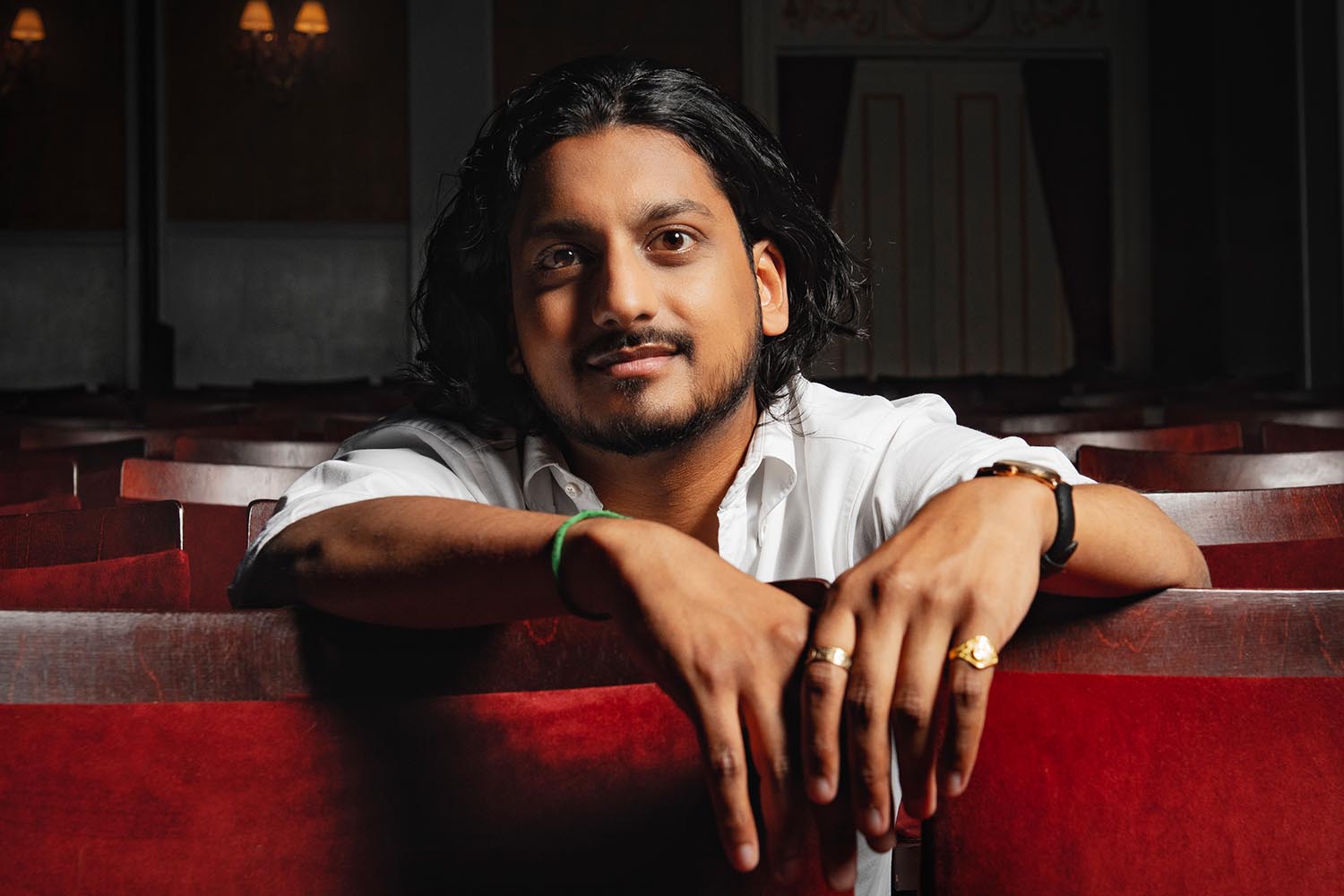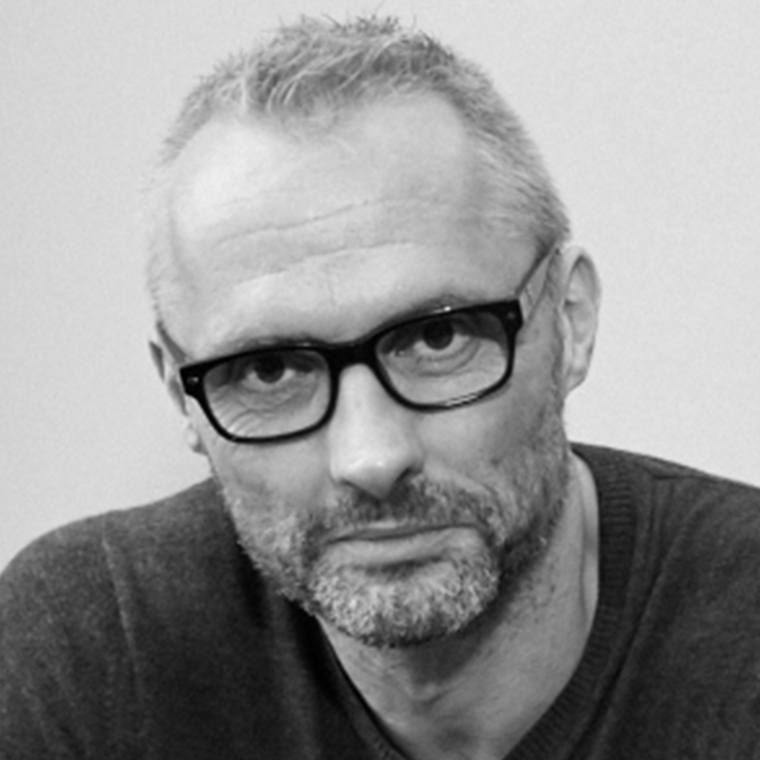
The breakout star might even make you cry, says Stephen Armstrong
- Spanish FA chief Luis Rubiales refused to resign after he kissed player Jenni Hermoso following the Women’s World Cup final.
- Charles Martinet stepped down as the voice of Nintendo’s Mario after 24 years in the role.
- Farmer Sam Wilson put up signs banning nudity following an increase in visitors posing for risque photographs in his sunflower field.
Ahir Shah is a third generation British Indian stand up and the breakout star of this year’s Edinburgh fringe. His show, Ends, is an on-the-money, in-the-moment take on the immigrant experience, charting his family’s journey from lone men sleeping “888” in Bradford while working in a factory – three men, one bed, shifts carefully arranged that one can roll in as one rolls out – to him getting a place at Cambridge from a Wembley comprehensive. He talks of sacrifice and the amazing progress of multiculturalism in the UK, which he confidently declares is the least racist country in the world.
“I voted Remain, but to hear people say it was Europe that gave us tolerance… Can you imagine an Algerian president in France, a Turkish president in Germany?” he asks, pointing out that Rishi Sunak’s grandfather was two years-old when the British air force bombed his Punjabi town in 1919. One hundred years later his grandson stood on the steps of Downing Street on the first day of Diwali.
It’s an intensely emotional and uplifting show, by turns scatological, slapstick, thoughtful and tear jerking. All the way through, it’s funny. The Fringe is not given to standing ovations. His show received them.
So what? Ends isn’t an outlier. The show emerged at a Festival packed with a strange blend of care, hope and mutual support. There are comedians who try to solve the audiences’ problems in the room (Julia Masli, Stuart Goldsmith), shows by Black, Asian, queer and disabled performers who give just the briefest nod to identity, as if it’s a given not an issue (Emmanual Sonubi, Paddy Young, Mary O’Connell, Dan Tiernan). Something has shifted. The mood is one of practical solutions. There’s a self-funded comedy HR department handling performers’ complaints and comics rallying round to raise money for Gareth Richards’ children (he was a young stand-up who died in April but had booked a festival slot). The likes of Frank Skinner, Jack Whitehall, Dara O’Briain and Stewart Lee showed up to perform for free.
Talking about this generation. The Fringe, and the comedy award shortlist, reflects the concerns of the coming generation of performers. Barring a handful of outliers, the awards shortlist and winners are between 25 and 35 years-old. As a result, moments in the culture can be telegraphed here. In 2013, for instance, Fleabag debuted, and the feminist stand up Bridget Christie won the award’s main prize while the American comic Adrienne Truscott performed the first whisper of Metoo with Asking For It, a show about rapists in the comedy industry. Stand-ups were already discussing men’s mental health issues on stage when Mind released its groundbreaking report Get It Off Your Chest in 2009.
Who cares? Mickey Flanagan’s agent, Christian Knowles, reports a huge influx of American agents, streamers and producers this year. “They are over in force having nothing else to do thanks to the strikes,” he explains. “There’s always been a few in the final week but now there’s loads all month, even popping into newcomers’ shows.”
Stand-up and deliver. Thanks to Netflix putting performers like Hannah Gadsby on air months after winning the Edinburgh Comedy award, British stand-up is now global. And Hollywood comes to pay as well as play. New Zealand comic Rose Matafeo’s rom-sitcom Starstruck, which starts its third season on BBC1 Friday 1 September, was languishing in development hell in 2018. She won the comedy award that year and within weeks the pilot had been picked up by HBO and the BBC.
Also look out for: Ania Magliano, Kieran Hodgson, Stuart McPherson, Leila Navabi, Paddy Young and Martin Urbano.











